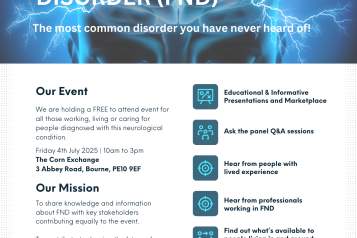Thousands more set to get help as NHS rolls out mental health job coaches
The voluntary scheme, known as Individual Placement and Support (IPS), is being rolled out to 28 new local NHS areas, meaning eight out of ten parts of England will have access to the programme.
Access is expected to double to 20,000 people per year by 2020/21 and will continue to expand as part of the NHS Long Term Plan – helping 55,000 people each year by 2023/24.
Patients hoping to get back into work can be referred directly by their doctor or another mental health professional, and can also self-refer.
Employment specialists offer coaching and advice, along with practical tips on finding a job and preparing for interviews. They can also search for jobs and engage with employers directly on patient’s behalf to identify well-suited roles – acting as a crucial link between patient, their employer and medical team.
Patients can call on the trained specialists who are embedded within health teams, at any time. They work alongside psychologists, mental health nurses and other health professionals and can speak to potential employers about how best to support people so that they can work effectively, while staying in good health.
These schemes have also been shown to be cost-effective. A Centre for Mental Health review calculated that they can free up as much as £6,000 per patient over 18 months, which can be invested in other frontline care.
Claire Murdoch, NHS England national mental health director, said:
“The goals and aspirations of someone living with severe mental illness are the same as anyone else’s – steady employment and an active life.
“As the NHS Long Term Plan makes clear – stable employment is a major factor in maintaining good health and is an important outcome for recovery. Those in work tend to be in better health, visit their GP less and are less likely to need hospital treatment, which is good individuals themselves as well as being better for the economy.”


